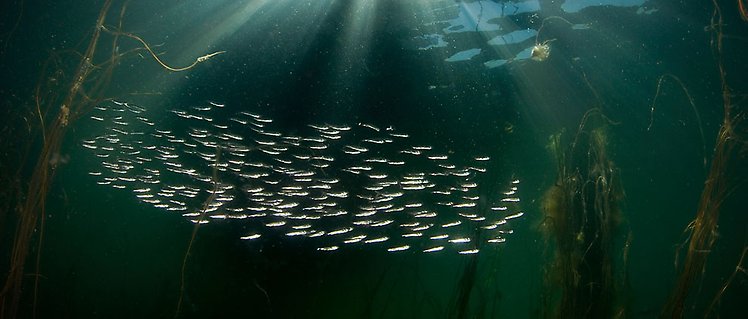RESEARCH THEMES
RESEARCH Streams
SHORTCUTS
Want to know more about our research? Click here!
INTERDISCIPLINARY COURSES
Stockholm Resilience Centre offers interdisciplinary courses on first (Undergraduate), second (Master's) and third (PhD) levels of University education. Want to know more about our courses? Click here!
POLICY and Practice
Our engagement in science-policy-practice activities has increased steadily over the years and range from high-level UN dialogues to local resilience assessments. Want to know more about our policy work? Click here!

Stockholm seminar
Fishing impacts on food webs: Multiple working hypotheses
Seminar with Trevor A. Branch, 17 December 2015
The method of multiple working hypotheses explains how we should lay out all plausible hypotheses, examine the evidence for each, and decide which working hypotheses can be discarded and which remain.
In this light, this seminar examines the evidence for and against fishing down the food web, and how it matches up against a few of the many competing hypotheses: fishing through marine food webs, fishing up marine food webs, balanced exploitation, and fishing for profits not predators.
Plots of trends in catches or biomass at different trophic levels (termed the "trophic fingerprint"), provide simple visual diagnostic that can be used to select among thes hypotheses, and is proposed as a way forward.
About Trevor A. Branch
Trevor A. Branch is Associate Professor, School of Aquatic and Fishery
Sciences, University of Washington, USA. He focuses on solving biological problems through data synthesis and mathematical models and work on a variety of research projects, including: assessments of the global status and future directions of marine fisheries; how fisheries affect marine food webs; fishing behavior and fleet dynamics, large whales, especially blue whales; the effects of ocean acidification on marine seafood; and how overlooking opportunistic depletion can lead to extinction in multispecies systems.
Related info
14:00-15:00
Thursday 17 December 2015
Linné Hall, The Royal Swedish Academy of Sciences (KVA)
Lilla Frescativägen 4A
SE-114 18 Stockholm
Download seminar invitation Pdf, 545 kB. (Pdf, 545 kB)
Pdf, 545 kB. (Pdf, 545 kB)

Stockholm Resilience Centre
Stockholm University, Kräftriket 2B
SE-10691
Phone: +46 8 674 70 70
info@stockholmresilience.su.se
Organisation number: 202100-3062
VAT No: SE202100306201



